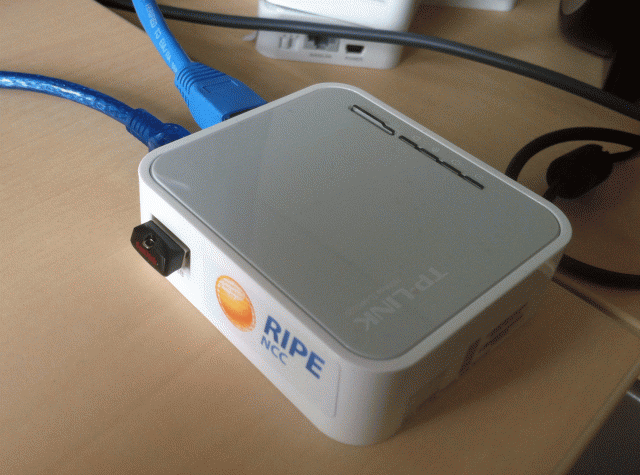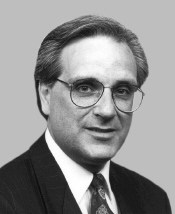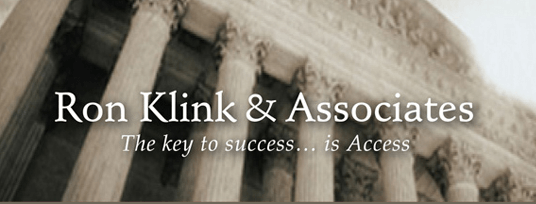 Any regular reader here knows the drill. ISPs sell you Internet service offering speeds you may or may not actually get. Giant equipment manufacturers like Cisco issue endless dramatic warnings about Internet brownouts and traffic jams. Industry shills suggest the Internet requires massive investments to keep up with broadband traffic that require usage caps and consumption billing so heavy users “pay their fair share.”
Any regular reader here knows the drill. ISPs sell you Internet service offering speeds you may or may not actually get. Giant equipment manufacturers like Cisco issue endless dramatic warnings about Internet brownouts and traffic jams. Industry shills suggest the Internet requires massive investments to keep up with broadband traffic that require usage caps and consumption billing so heavy users “pay their fair share.”
Are these claims correct or just an excuse to charge you even more for less service? While astroturf sock puppet groups claim to have authoritative facts to prove their claims, an independent, not-for-profit organization in the Netherlands is taking the temperature of the Internet with the largest Internet measurement network ever assembled.

The RIPE Atlas probe
They need your help.
The Réseaux IP Européens Network Coordination Centre (RIPE NCC) in Amsterdam coordinates an international network of volunteers who agree to host network probes on their home or work Internet connection that accurately measures Internet connectivity, reliability, and speeds in real-time. The RIPE Atlas project has been up and running for more than three years, mostly across Europe. But now the group needs a bigger network of volunteers in the United States and Canada.
The project is interactive, meaning participants can perform their own connectivity tests by utilizing the global network of RIPE Atlas probes. By hosting a probe you will be able to specify your own measurements using all other probes in the measurement network. So by hosting just one probe, you can get access to a very large number of vantage points from which to do your own measurements. For instance if you operate a web site and would like to monitor its availability from -say- Germany, you could specify a measurement from 10 probes in Germany every 10 minutes for a week and have hard figures available to you.
Volunteer participants will be sent a modified TP-Link portable router with customized firmware at no charge. The device is smaller than a pack of playing cards and is yours to keep. No special configurations are needed for NATs or firewalls; no incoming connections need to be directed to the probe. Once connected, the probe will contact RIPE’s measurement infrastructure, obtain a list of measurements it needs to perform and pass the results back. Because the probe does not observe any local traffic, it is perfectly OK, and in fact recommended, to install it behind a local switch port to isolate it from other traffic. A home router will do fine as well. The probe is powered via its USB connector. That connector is not used to exchange any data; it is just there to obtain power. You can provide this by connecting it to a nearby USB port or you can use one of the ubiquitous USB power supplies.
We host a RIPE Atlas probe here at Stop the Cap! along with a SamKnows FCC National Speed Test router. Neither interferes in any way with our Internet connection and both contribute useful information about the true state of the Internet and our provider.
We highly recommend participation in the RIPE Atlas program. You can apply to take part in the project on the RIPE Atlas website.
Be patient. The group typically sends out probes to new applicants once every quarter, so it could be up to three months before a probe reaches you from Amsterdam. The group will contact you in e-mail just before mailing your probe to re-confirm your mailing address. The device is then sent in a padded envelope via Air Mail from the Netherlands.


 Subscribe
Subscribe
 McAdam believes there is nothing wrong with prioritizing some Internet traffic over others, and he believes that future is already becoming a reality.
McAdam believes there is nothing wrong with prioritizing some Internet traffic over others, and he believes that future is already becoming a reality.

 Ron Klink and Associates provides clients with the opportunity to influence the decisions made in the halls of Congress, federal agencies and the White House. We have extensive experience in issues analysis that can be helpful to a client trying to anticipate policy changes in the government. Ron Klink and Associates will work with the client to develop and then successfully implement a strategy that yields desired results. Our extensive contacts on Capitol Hill and the Executive Branch, allow our clients’ issues, whether legislative or regulatory, to be heard by key decision makers, thus giving a competitive advantage to the client.
Ron Klink and Associates provides clients with the opportunity to influence the decisions made in the halls of Congress, federal agencies and the White House. We have extensive experience in issues analysis that can be helpful to a client trying to anticipate policy changes in the government. Ron Klink and Associates will work with the client to develop and then successfully implement a strategy that yields desired results. Our extensive contacts on Capitol Hill and the Executive Branch, allow our clients’ issues, whether legislative or regulatory, to be heard by key decision makers, thus giving a competitive advantage to the client. With thousands of lobbyists providing services similar to ex-Congressman Klink, it should not be surprising ordinary constituents without a team to go to bat on their behalf have a hard time getting a word in.
With thousands of lobbyists providing services similar to ex-Congressman Klink, it should not be surprising ordinary constituents without a team to go to bat on their behalf have a hard time getting a word in. The former congressman seems reluctant to admit he works for a communications conglomerate known for its constantly rising cable rates and less-than-stellar customer service.
The former congressman seems reluctant to admit he works for a communications conglomerate known for its constantly rising cable rates and less-than-stellar customer service.
 Should regulators bless the coupling of Comcast and Time Warner Cable, some TWC customers will not be invited to the wedding.
Should regulators bless the coupling of Comcast and Time Warner Cable, some TWC customers will not be invited to the wedding.
 Since 2002, New York Tax Law has required mobile phone companies to collect and pay sales taxes on the full amount of the monthly access charges for their calling plans. For example, when a customer pays Sprint a fixed monthly charge of $39.99 for 450 minutes of mobile calling time, the law requires Sprint to collect and pay sales taxes on the entire $39.99. According to the Attorney General’s complaint, starting in 2005, Sprint illegally failed to collect and pay New York sales taxes on an arbitrarily set portion of its revenue from these fixed monthly access charges.
Since 2002, New York Tax Law has required mobile phone companies to collect and pay sales taxes on the full amount of the monthly access charges for their calling plans. For example, when a customer pays Sprint a fixed monthly charge of $39.99 for 450 minutes of mobile calling time, the law requires Sprint to collect and pay sales taxes on the entire $39.99. According to the Attorney General’s complaint, starting in 2005, Sprint illegally failed to collect and pay New York sales taxes on an arbitrarily set portion of its revenue from these fixed monthly access charges.